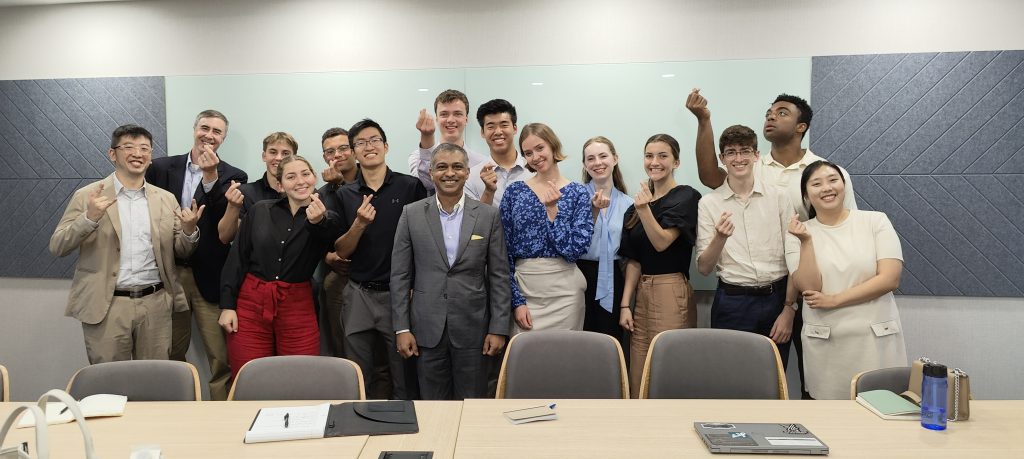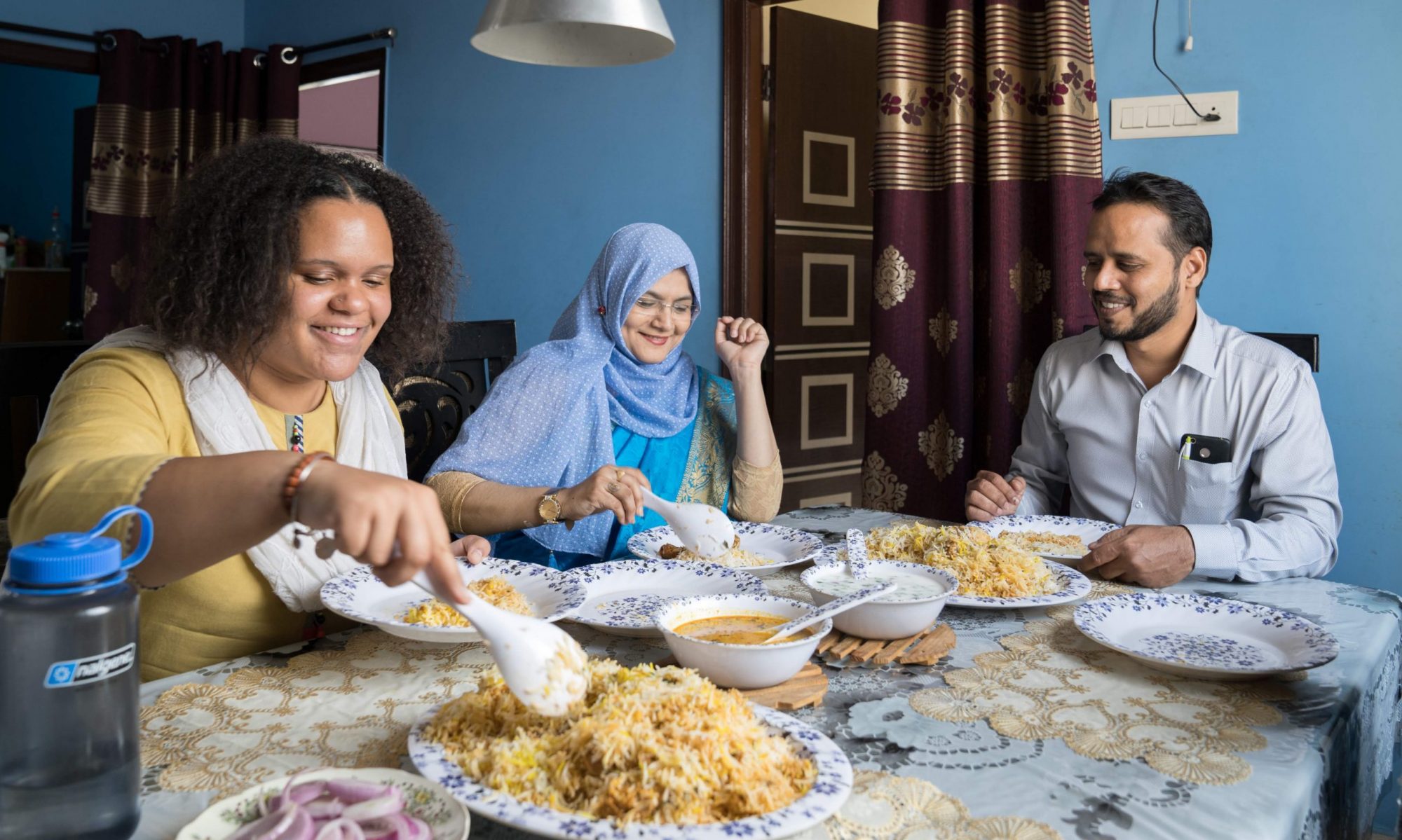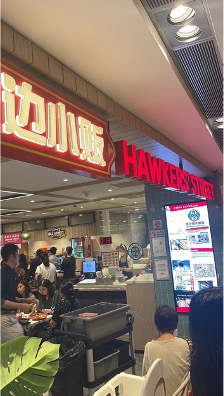By: Nicholas Marusic
For this blog post, I’ve decided to switch up the format a bit and document what a day in the life looks like while researching on the ground in Singapore. Our central research question asks how the US-China power competition influences the national security economics of both Malaysia and Singapore with the end goal of publishing a peer-reviewed journal article on the subject. Our research interviews are centered around this question.
Friday, June 9th, 2023
7:30am – Rise and shine. Today is our first full day in Singapore after spending a week in Kuala Lumpur. Quick iron for the dress shirt because it got pretty wrinkled en route yesterday, and then a quick shower while listening to some Malaysian pop music (highly recommended).
8:15am – Head down to the tenth floor for hotel breakfast, highlights included passionfruit, roti, and some aloe vera yogurt. We sat with the rest of the team (Tufts + Army + Navy) and made sure we were all on the same page for our interview questions.
9:30am – Get in the Grab (local version of Uber) and head to the International Institute for Strategic Studies (IISS) – Asia. We zoom up to their 49th office, which is noticeably a bit emptier after just having hosted the annual Shangri-La Dialogue, the continent’s premier security conference. Hence, our questions are more focused on security topics, including Singapore’s role as a mediator between negotiation parties, as well as ways in which backchannel diplomacy spontaneously takes place at such a big conference.
12:00pm – Quick lunch in the bustling basement food court of this skyscraper, where we learned (the hard way) that even placing just a tissue pack on a table means you’ve reserved it.
12:30pm – Take a Grab across the city (and in this case, also across the country) to the S. Rajaratnam School of International Studies (RSIS), a graduate school and think tank. Here, we were honored to speak with a group of nine different professors, so we split up into groups to better narrow in on topics. My specific group focused on economics, so we went in-depth on Singapore’s trade flows, political economy, and role as a financial hub for so many multinational corporations, all amidst the backdrop of US-China great power competition. This was all followed by a detailed hour-long presentation on China’s Belt and Road Initiative in Southeast Asia, which helped illustrate the more nuanced reality of the strategy and how its implementation has varied widely by country.
4:00pm – Head back across town to the hotel for a bit of downtime. Got a quick lift in and then changed into some more casual clothes for a dinner with the local Navy League.
6:30pm – Hop on the Northeast Line and head three stops south to Lau Pa Sat, the downtown district’s trademark Hawker Center. The Navy League treated us to Chinese BBQ skewers, which included both chicken and prawn. Despite the more laid-back setting, we still kept our research question in the back of our mind and got to hear an American perspective on the topic.





